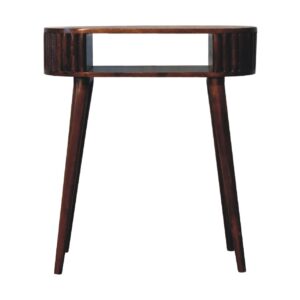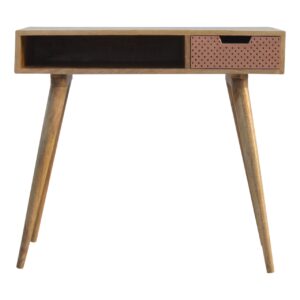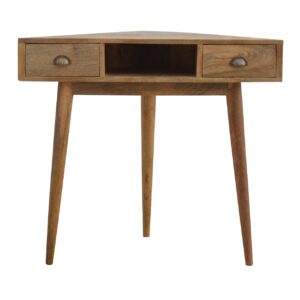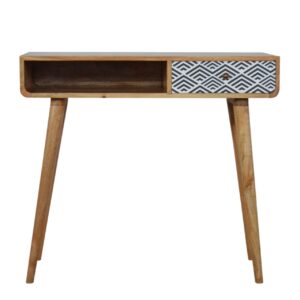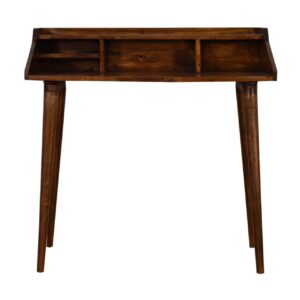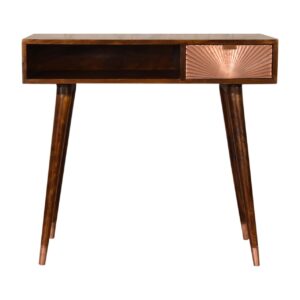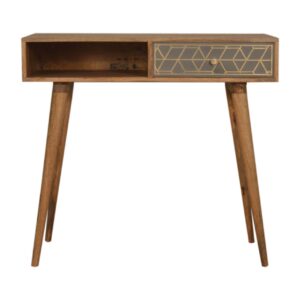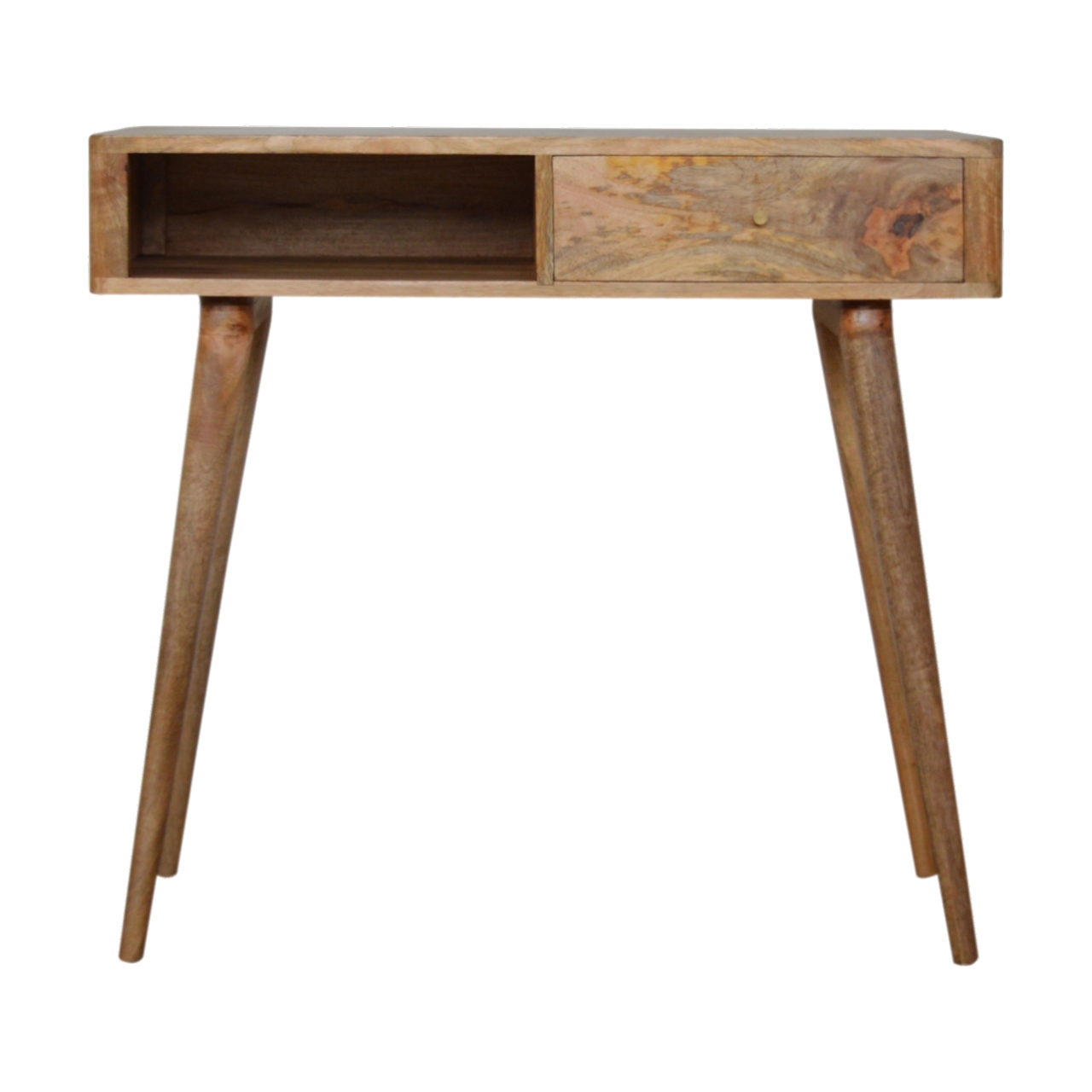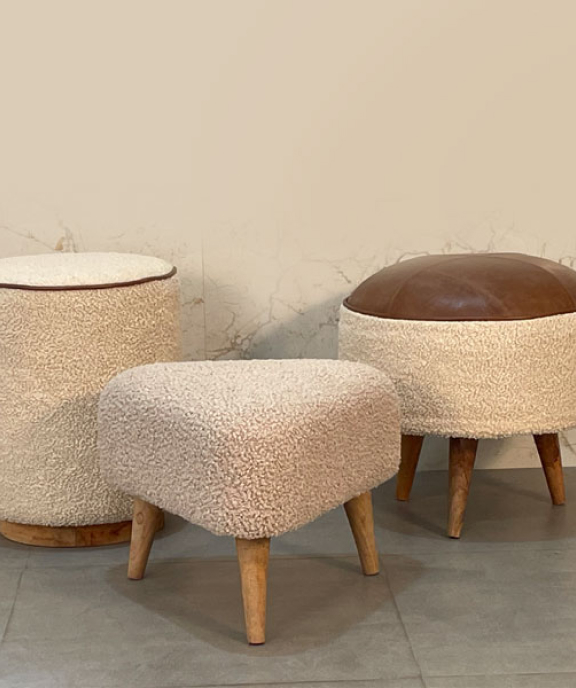Many argue that a messy desk reflects a disorganized mind. Tackling the mess on our desks is a common issue, yet the influence on our writing productivity is often underestimated. To be candid, we’re always in pursuit of strategies to make our writing flow more smoothly and boost our output.
A clean desk spares us from rummaging through stacks of documents to locate that vital piece of information or becoming sidetracked by extraneous mess. Adopting a minimalist approach and orderly setup can foster a serene atmosphere that aids in writing.
In our investigation, we’ll examine how clearing out your workspace, incorporating organizational systems, arranging cables neatly, tailoring your desk to fit your needs, and ensuring proper lighting can all play a role in enhancing your writing process. Let’s organize our spaces and observe the positive changes in our productivity.
Key Benefits of an Organized Desk:
- Reduced Distractions: Keeping your desk free from clutter can minimize distractions, allowing you to focus better on your writing tasks.
- Efficiency: With a well-organized workspace, you spend less time looking for items, which can streamline your writing process.
- Customization: Tailoring your desk layout to suit your specific writing needs can help in creating a more personalized and comfortable writing environment.
- Better Lighting: Proper lighting is fundamental for avoiding eye strain and creating an inviting workspace, which in turn can improve writing efficiency.
In essence, a well-organized desk is more than just an aesthetic choice—it’s a practical tool for writers looking to optimize their workflow.
Decluttering Your Workspace
Improving our writing productivity often starts with organizing where we work. Clearing out the clutter isn’t merely a superficial act; it’s a strategic move toward a more efficient and focused writing practice. A tidy workspace is synonymous with a mind free from distractions, which is conducive to maintaining our concentration on writing tasks.
Having a workspace that holds just what’s necessary can greatly improve our ability to concentrate. This minimalist setup isn’t solely about looking good; it’s about shaping a space that promotes focus and aids in the effortless transfer of thoughts to paper.
Why is a decluttered space crucial for writers? A study from Princeton University Neuroscience Institute shows that physical clutter in your surroundings competes for your attention, resulting in decreased performance and increased stress. Therefore, a clean workspace isn’t just visually pleasing; it has tangible benefits for cognitive function and stress levels.
When organizing your workspace, consider these tips:
- Prioritize items based on daily use.
- Use storage solutions to keep necessary items within reach but out of sight.
- Adopt a habit of cleaning your desk at the end of each day.
Organizational Tools and Accessories
Efficient workspaces aren’t just about having a clean desk, but about smart organization that fosters productivity. Desk organizers, for instance, aren’t indulgences but necessities for those who want to quickly find their pens, notes, and gadgets without having to sift through a pile of clutter. They’re the first line of defense in keeping a workspace tidy and functional.
Drawer dividers also play a subtle yet vital role. They transform chaotic drawers into structured spaces, ensuring that every item has its place, which saves time and frustration. A well-organized drawer means no more wasted minutes searching for a missing stapler or scissors.
Cable management systems may seem like a minor detail, but they’ve a major impact. Cables left to twist and tangle can create not only an eyesore but also a potential hazard. Implementing a system to keep them straight and out of the way contributes to a cleaner look and a safer workspace.
Sticky note dispensers and paper trays are more than just desk accessories; they’re the silent assistants that aid in prioritizing tasks and sorting through the day’s influx of paperwork. By having these tools at arm’s reach, one can quickly jot down reminders or organize documents without breaking focus from the task at hand.
Lastly, the importance of an ergonomically sound workspace can’t be overstated. Monitor stands and keyboard trays adjust to the proper heights to prevent strain and support a comfortable and sustainable work posture. The investment in such ergonomic accessories is an investment in one’s health and well-being, as well as in productivity.
Cable and Wire Management
Improving our workspace has led us to focus on cable and wire management. We’ve found that a mess of tangled wires not only looks bad but also hampers our productivity. Spending time untangling or looking for the correct cable is frustrating and unproductive. By organizing our cables, we’re aiming to create an environment that promotes better concentration and ultimately boosts our writing output.
Here’s a breakdown of our strategy for managing wires:
| Solution | Benefit | Time to Set Up |
|---|---|---|
| Cable Organizers | Reduces Mess | Instant |
| Protective Sleeving | Shields Cables | A Few Minutes |
| Under-Desk Cable Trays | Frees Up Desk Area | Roughly 30 Minutes |
Implementing these methods isn’t just about tidiness; it’s about crafting a workspace that aids in seamless and productive writing sessions.
In the process of tidying up, we’re not only creating a visually appealing space but also addressing a common issue that can interrupt a workday: the minor but persistent inconvenience of dealing with a jumble of wires. With a clearer space, we can find the right cable when we need it, and shield important connections from potential damage, ensuring our equipment works reliably. This small investment of time in setting up a system can yield significant returns in terms of uninterrupted work and peace of mind.
Customizing Your Desk Layout
Organizing our workspace goes far beyond keeping cables tidy. Arranging our desks thoughtfully has made a real difference in our writing productivity by ensuring that tools and resources such as notepads, reference books, and tech gadgets are easily accessible. This careful placement helps to prevent interruptions in our workflow, allowing us to maintain concentration and progress with our tasks.
Additionally, we’ve allocated distinct areas for various tasks. The primary section is dedicated to writing, where we maintain an orderly environment conducive to focus. Adjacent to it, a well-organized section for research materials has been established. This methodical setup supports a natural and effective workflow, enabling us to devote more time to the development of content rather than wasting time searching for needed items.
Tailoring our workspace in this manner has been instrumental in making our writing sessions more productive.
Lighting and Maintenance Tips
How can the way we illuminate our work environment and keep up with the maintenance of our equipment boost our productivity in writing? Adequate lighting can help prevent eye discomfort and tiredness, making it possible for us to work with more endurance and in greater comfort. On the other hand, consistent upkeep of our workspace means our tools are reliable, helping us avoid irritating interruptions.
Consider these practical suggestions for enhancing your workspace:
| Feature | Advice | Advantage |
|---|---|---|
| Lighting | Prefer sunlight where feasible | Lessens eye discomfort |
| Desk Setup | Orient towards the light | Reduces screen glare |
| Workspace Upkeep | Tidy your space every week | Ensures tool reliability |
| Technology | Perform software updates as needed | Minimizes system issues |
Adhering to these recommendations not only keeps our workspace orderly but also fosters a setting that supports productive writing.
In crafting your workspace, it’s wise to utilize sunlight to your advantage, as it’s a natural and cost-effective way to illuminate your area and reduce the strain on your eyes. Positioning your desk so that you face your light source can help in minimizing glare on your screen, which can be a significant distraction and cause for eye fatigue. A clean and well-organized desk can prevent the loss of focus that comes from clutter, ensuring that everything you need is within reach and in working order. Lastly, keeping your software up to date reduces the risk of computer slowdowns and crashes that can break your concentration and slow down your progress.


